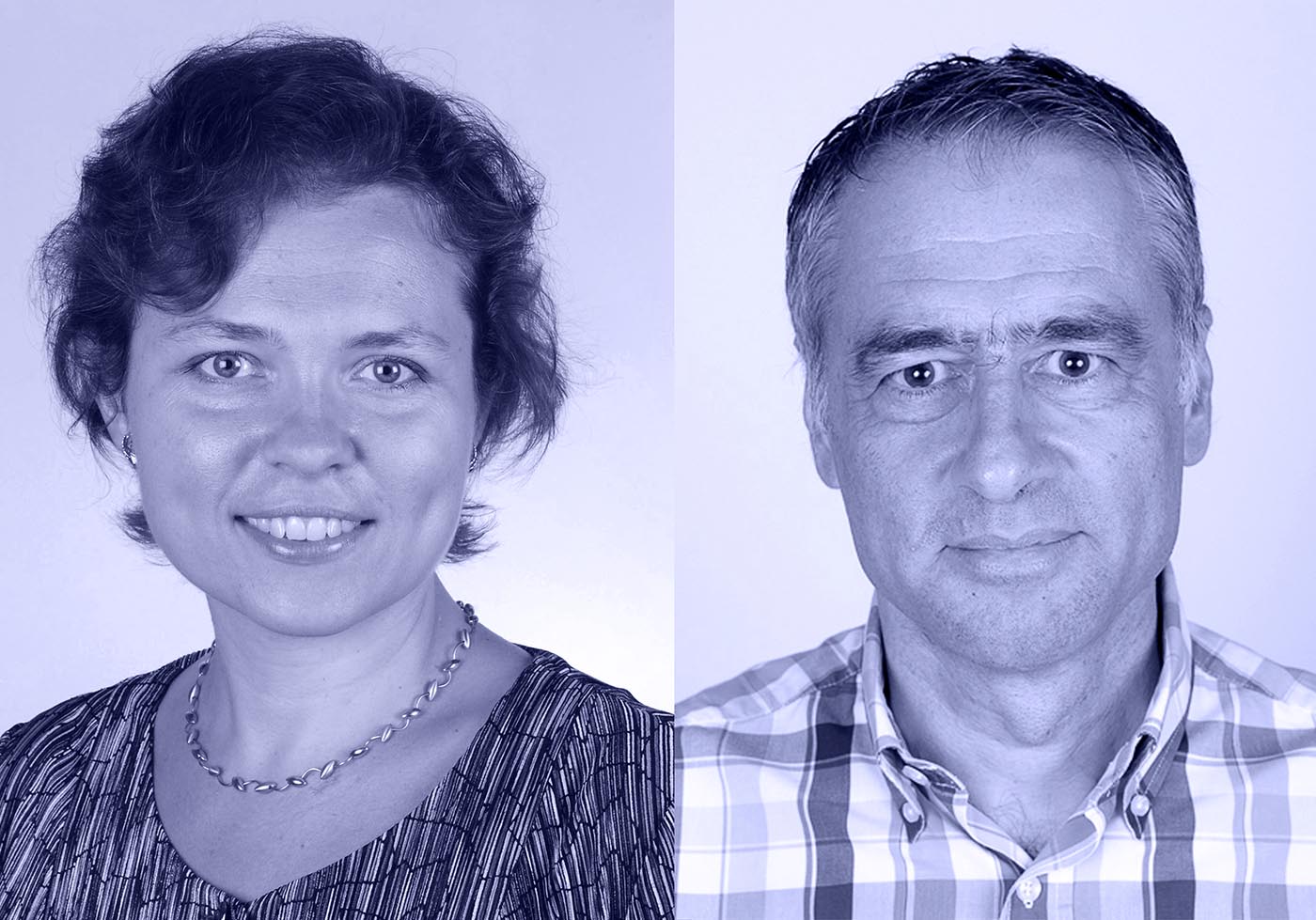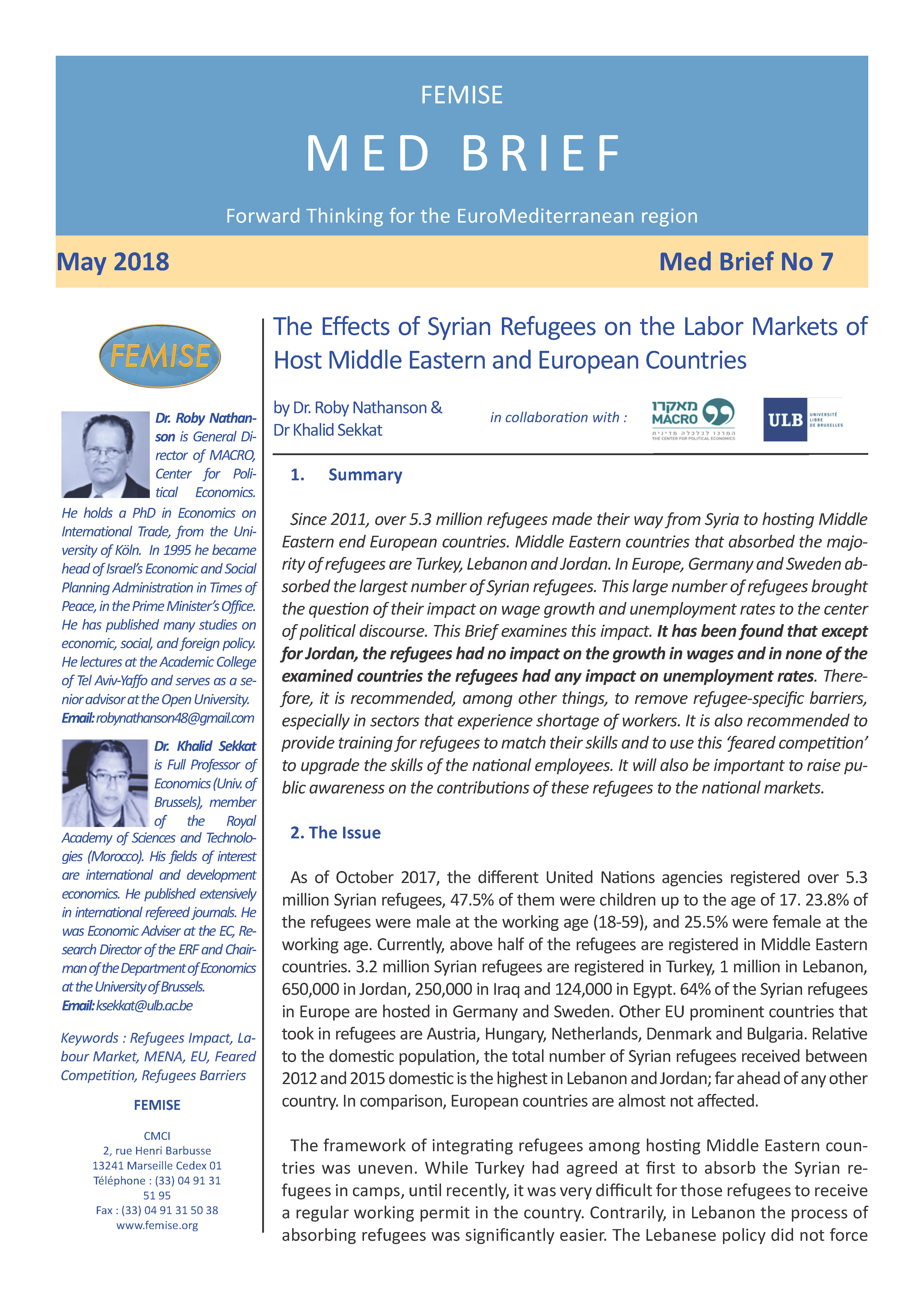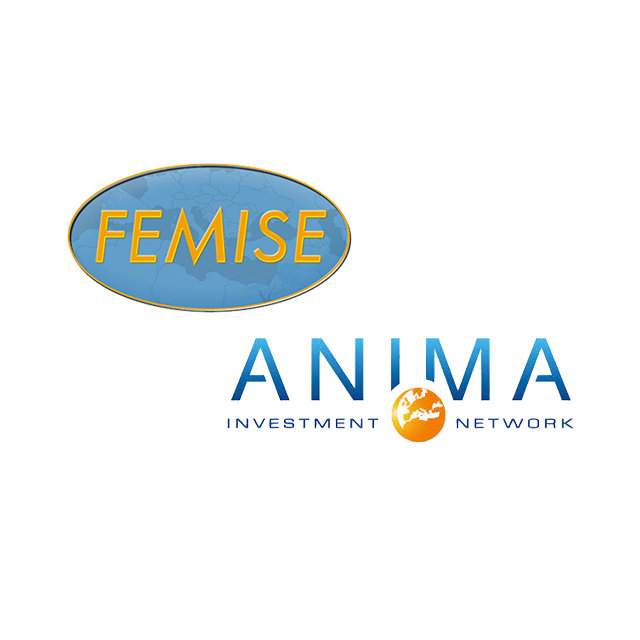
Vera Danilina and Federico Trionfetti
The FEMISE Policy Brief series MED BRIEF aspires to provide Forward Thinking for the EuroMediterranean region. The briefs contain succinct, policy-oriented analysis of relevant EuroMed issues, presenting the views of FEMISE researchers and collaborators to policy-makers.
The latest FEMISE MED Brief, co-edited with Plan Bleu, is on ” Green Public Procurement v.s. Environmental Taxation: implications for the EU-MENA environmental policy ” and is available for download by clicking here.
Summary: Environmental policies are among the priorities of the UN agenda and figure highly in national and international policy agendas. This brief focuses on environmental taxes and green public procurement (GPP). These two environmental policy instruments differ in political viability and in the impact they have on consumers and producers. The brief provides a comparative analysis of their efficiency in closed and open economy and reveals the opportunities and threats of (un)harmonised environmental policy across countries. The results allow to consider particular implications for the collaboration of EU-MENA countries.
The list of FEMISE MED BRIEFS is available here.
 The policy brief has been produced with the financial assistance of the European Union within the context of the FEMISE program. The contents of this document are the sole responsibility of the authors and can under no circumstances be regarded as reflecting the position of the European Union.
The policy brief has been produced with the financial assistance of the European Union within the context of the FEMISE program. The contents of this document are the sole responsibility of the authors and can under no circumstances be regarded as reflecting the position of the European Union.



 The FEMISE Policy Brief series MED BRIEF aspires to provide Forward Thinking for the EuroMediterranean region. The briefs contain succinct, policy-oriented analysis of relevant EuroMed issues, presenting the views of FEMISE researchers and collaborators to policy-makers.
The FEMISE Policy Brief series MED BRIEF aspires to provide Forward Thinking for the EuroMediterranean region. The briefs contain succinct, policy-oriented analysis of relevant EuroMed issues, presenting the views of FEMISE researchers and collaborators to policy-makers. 

